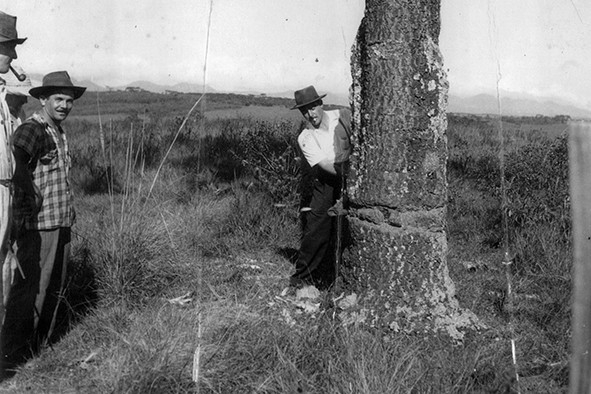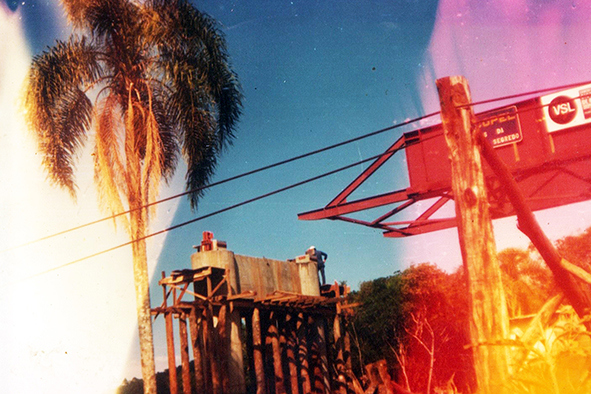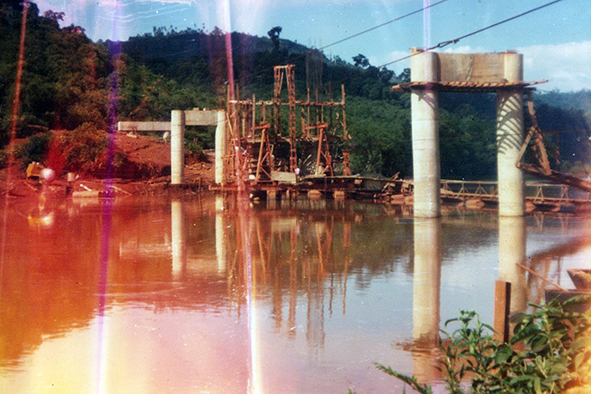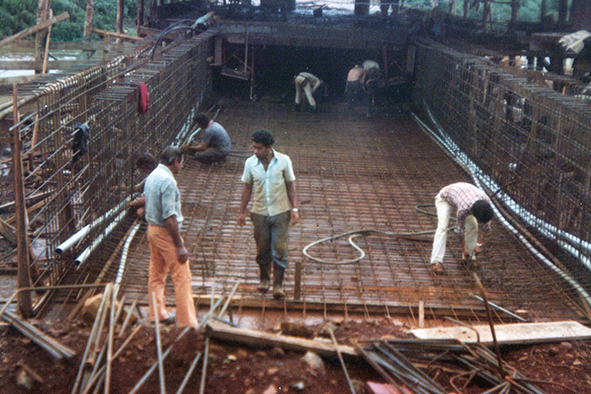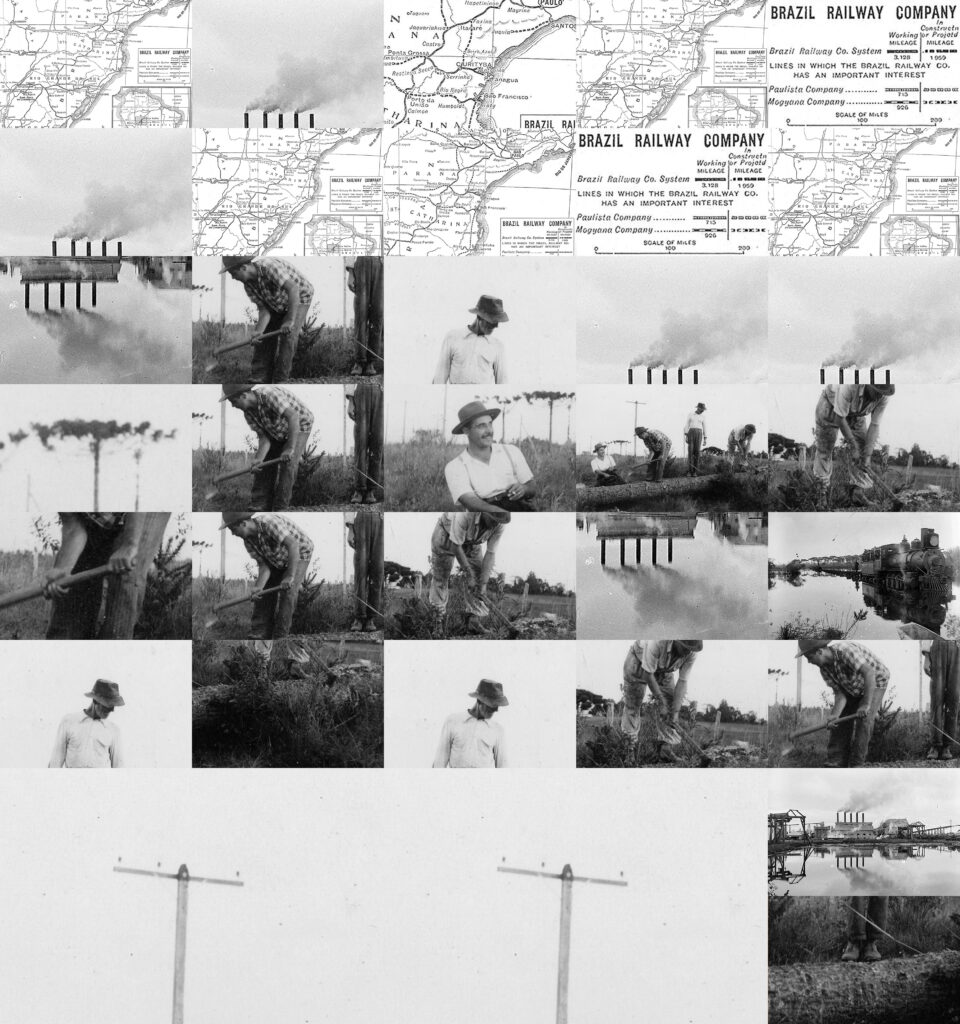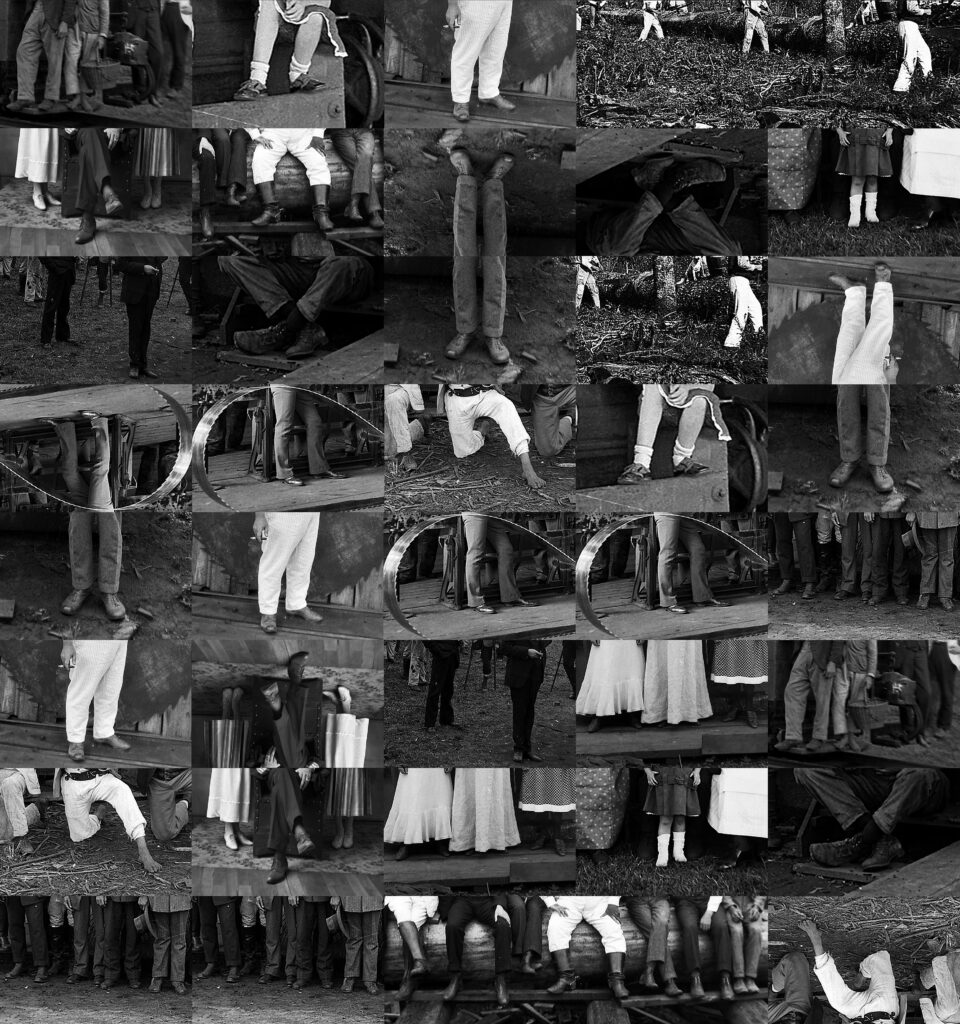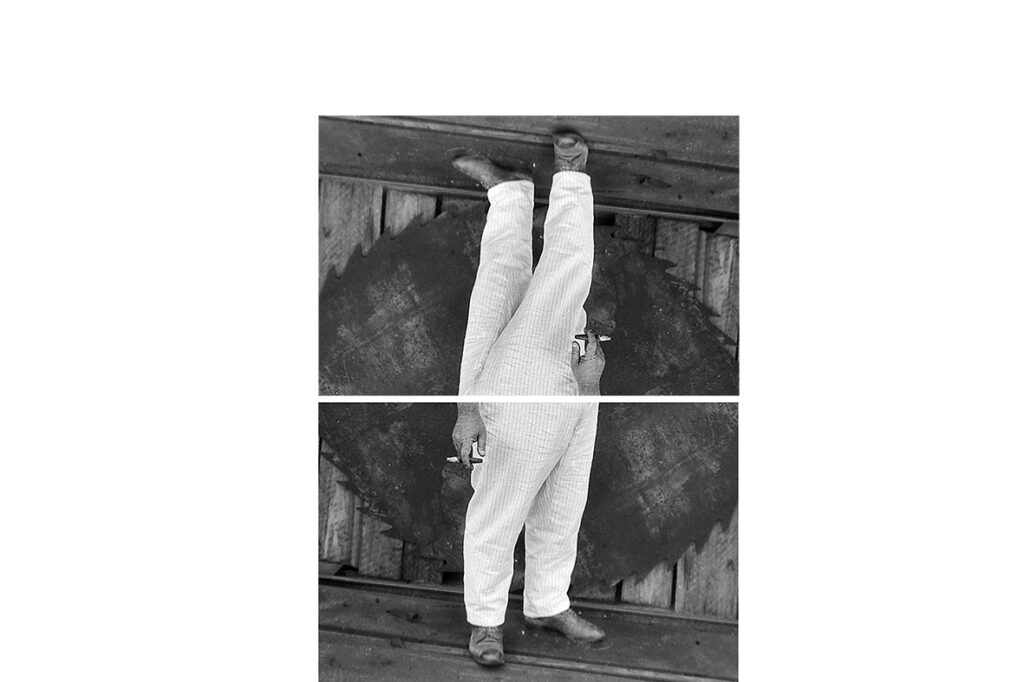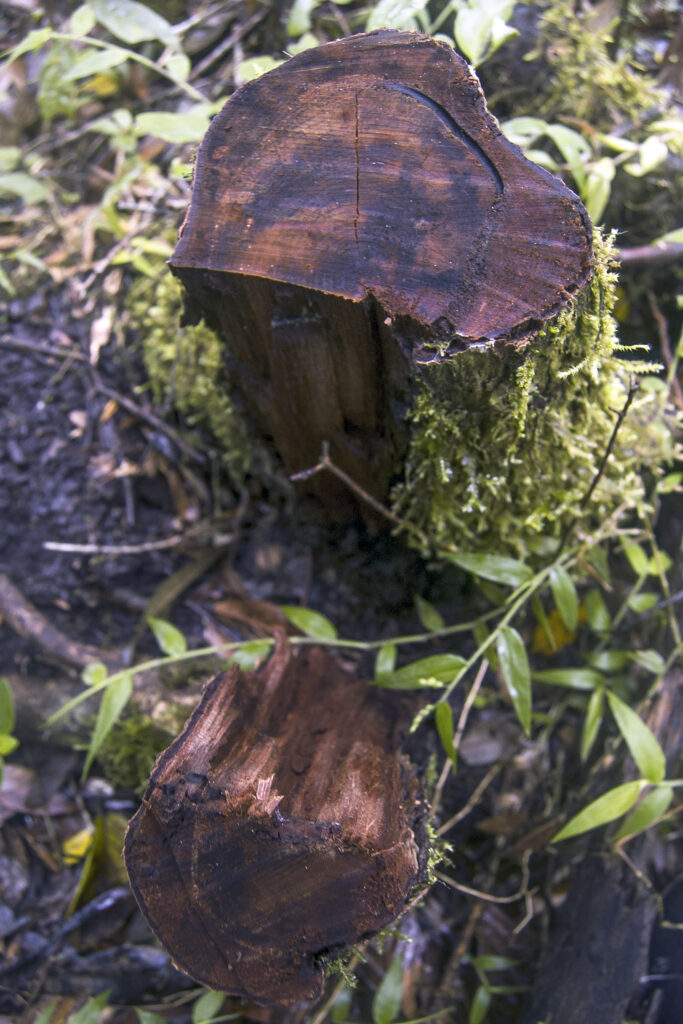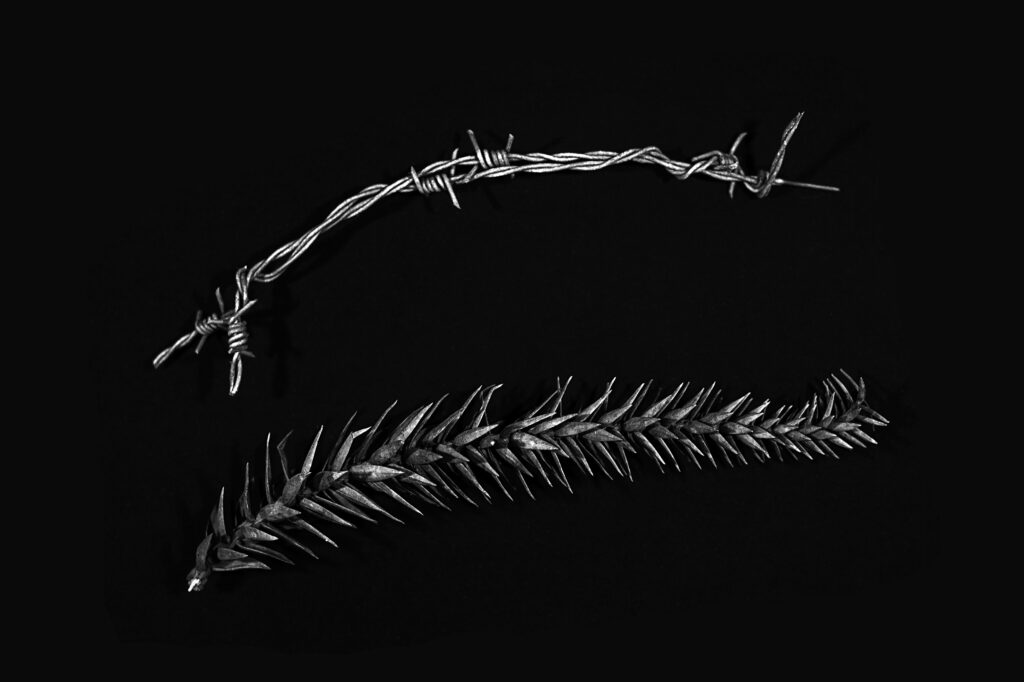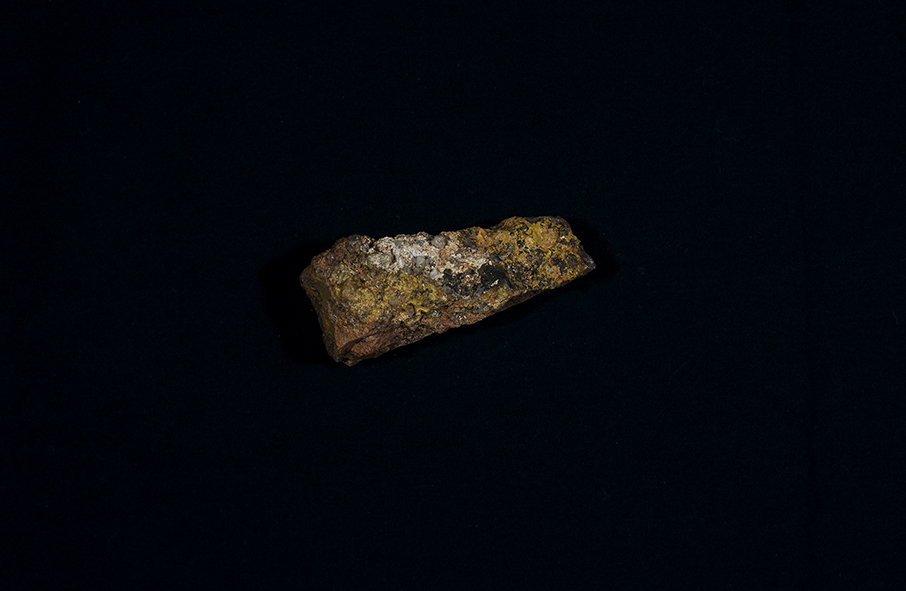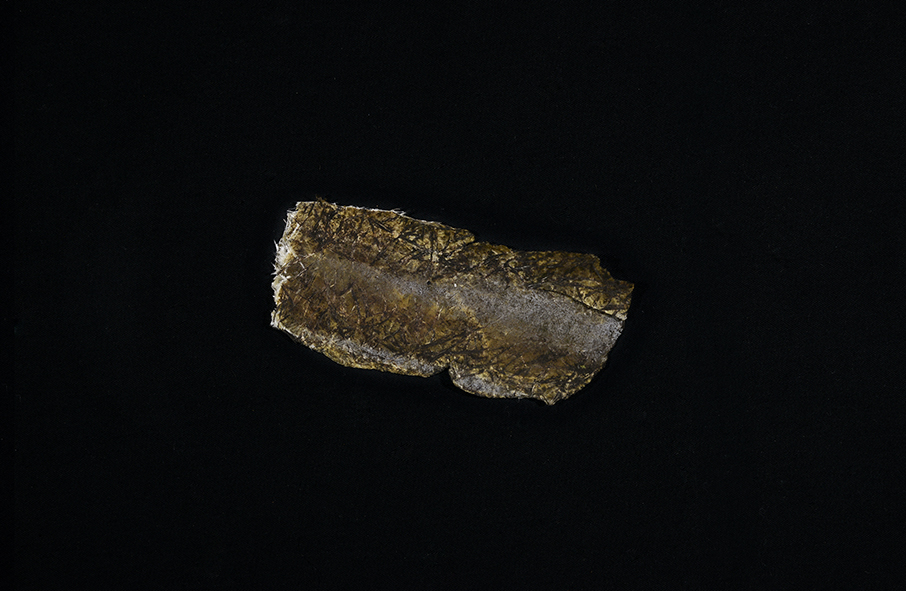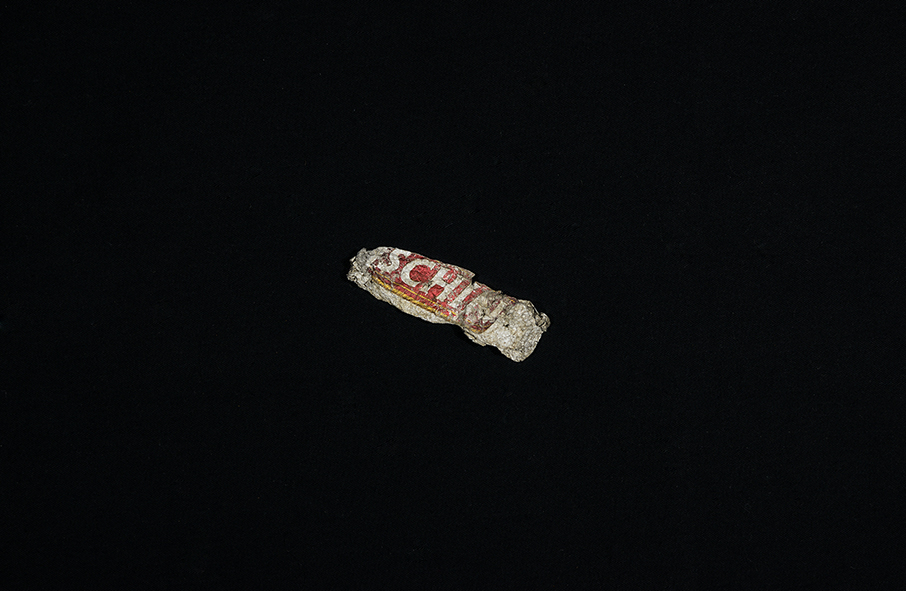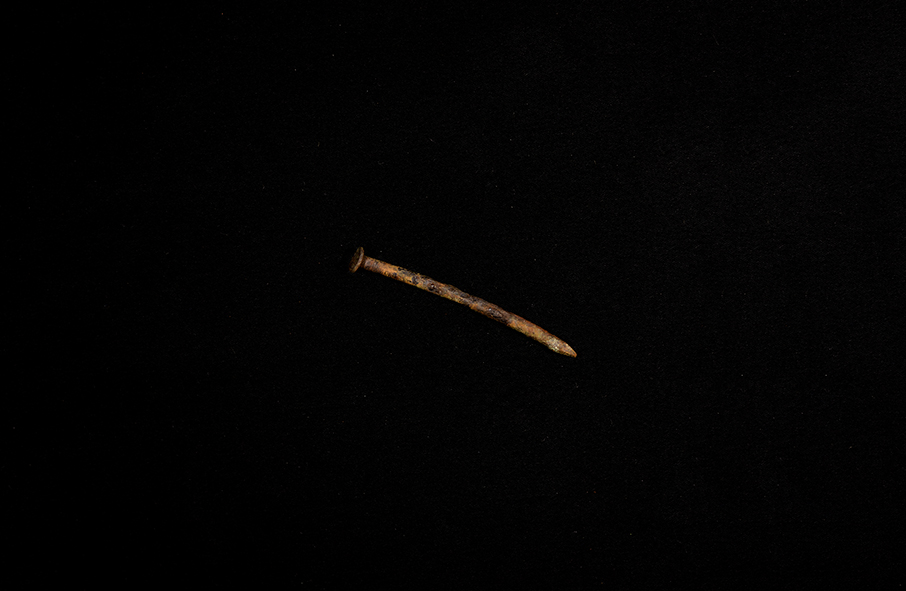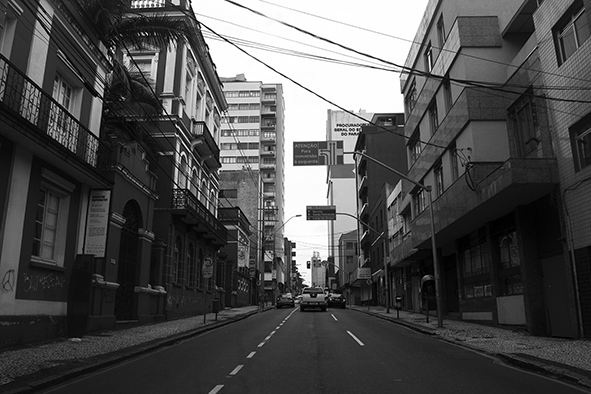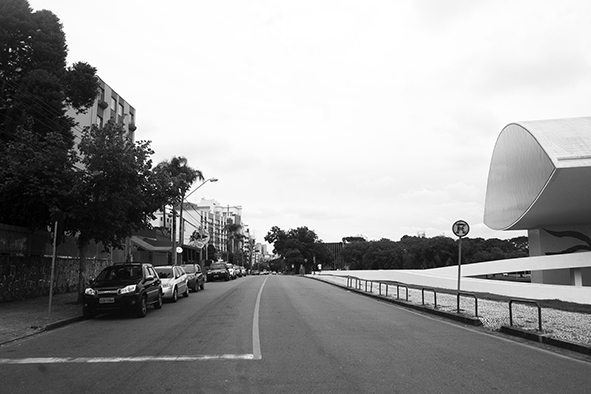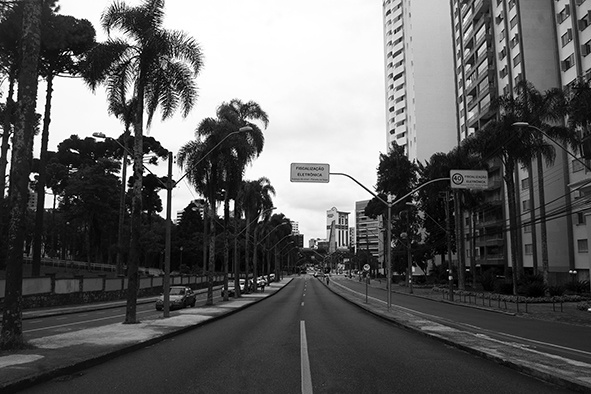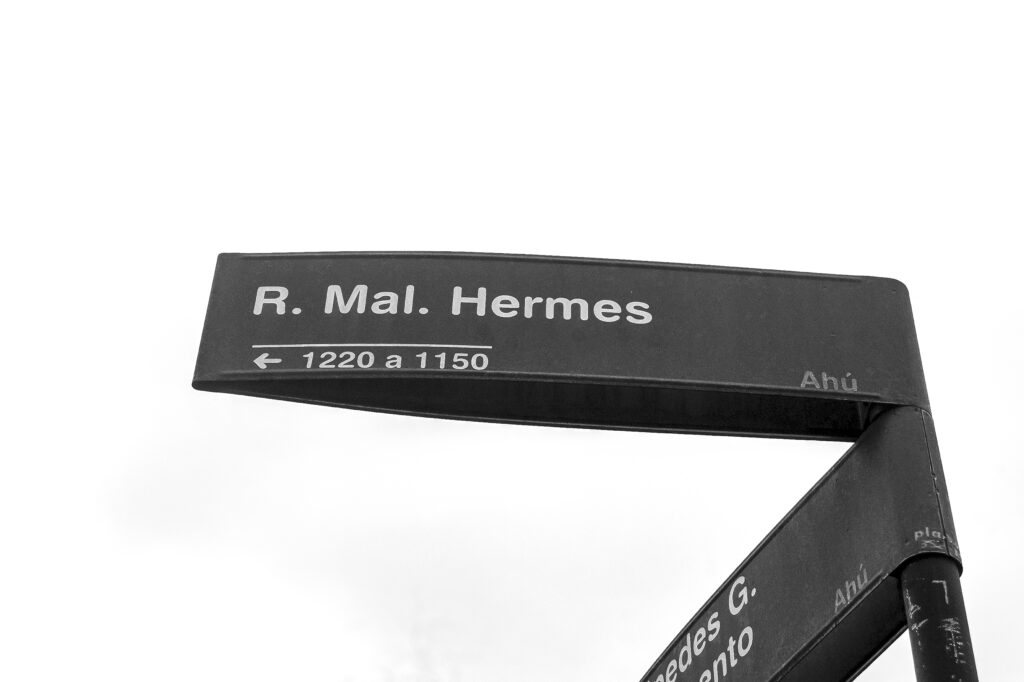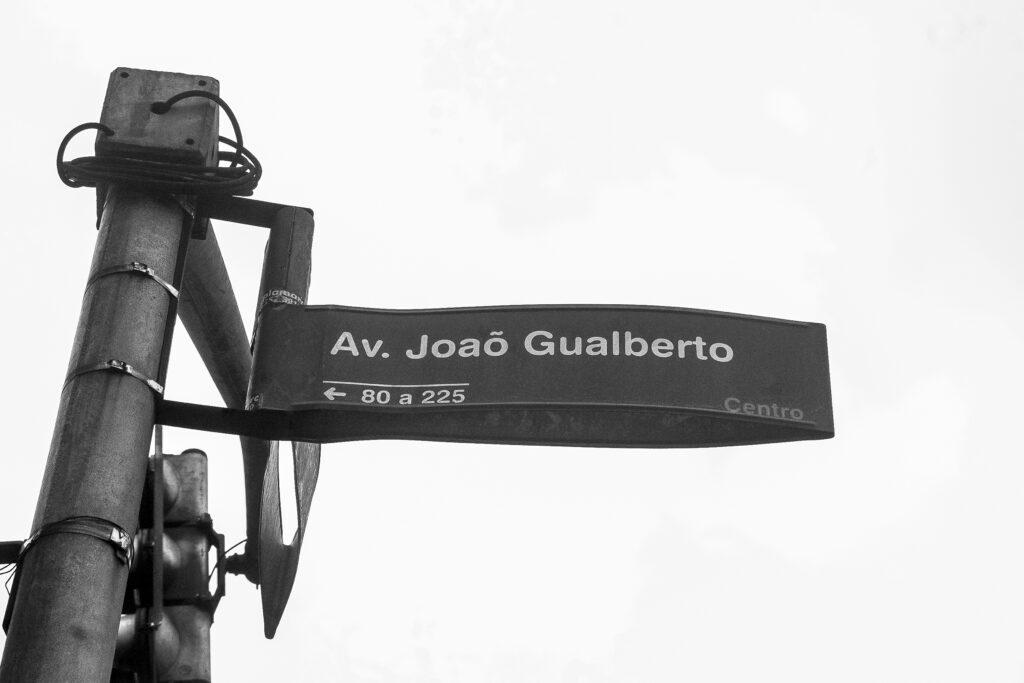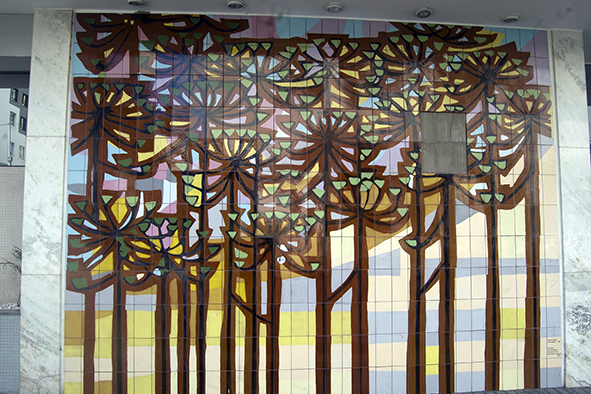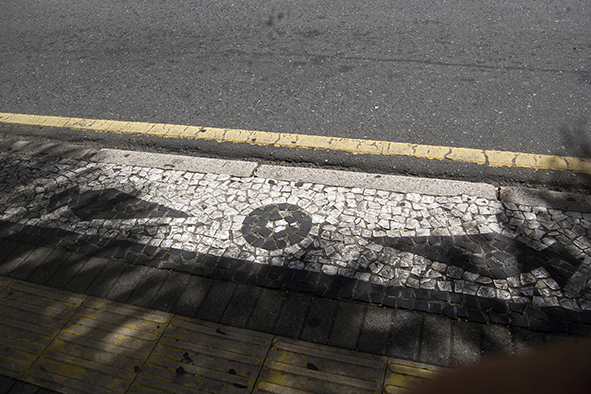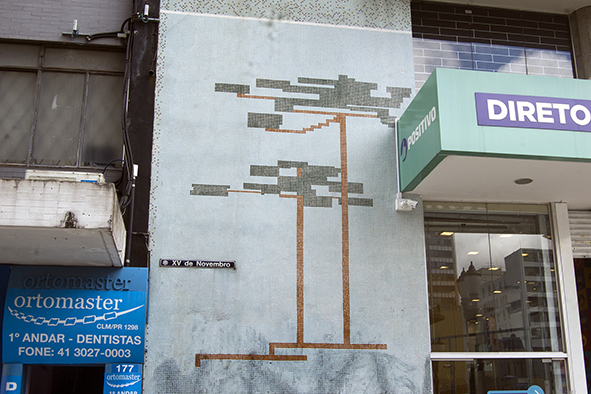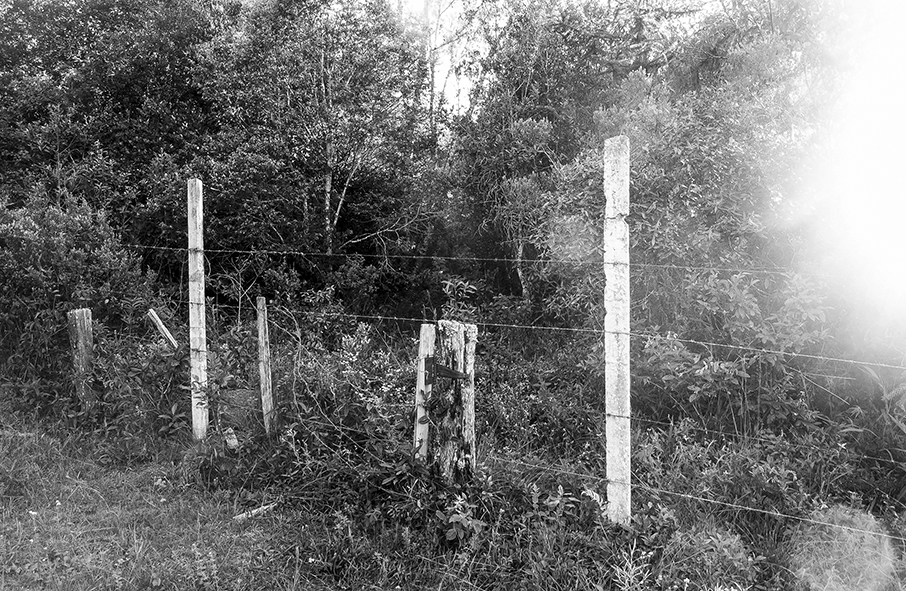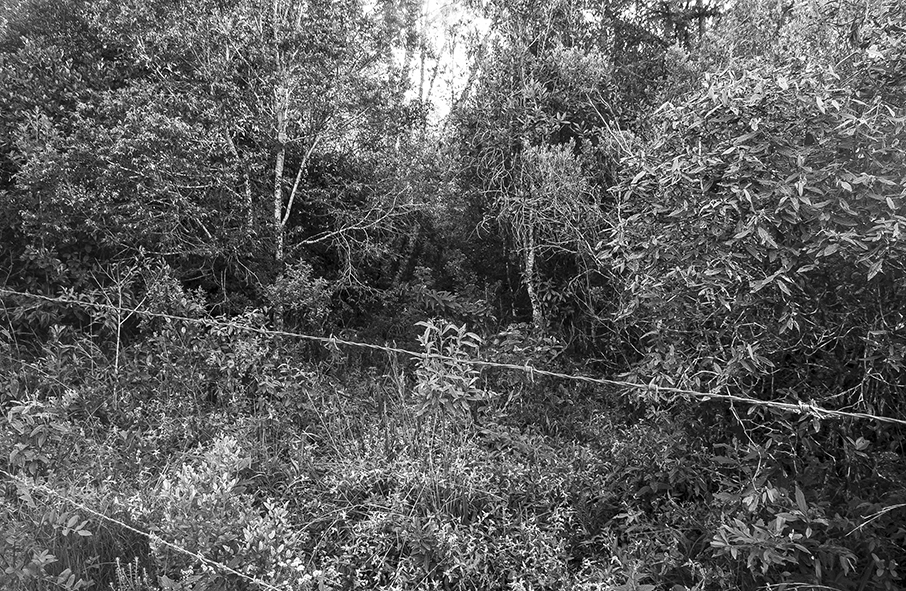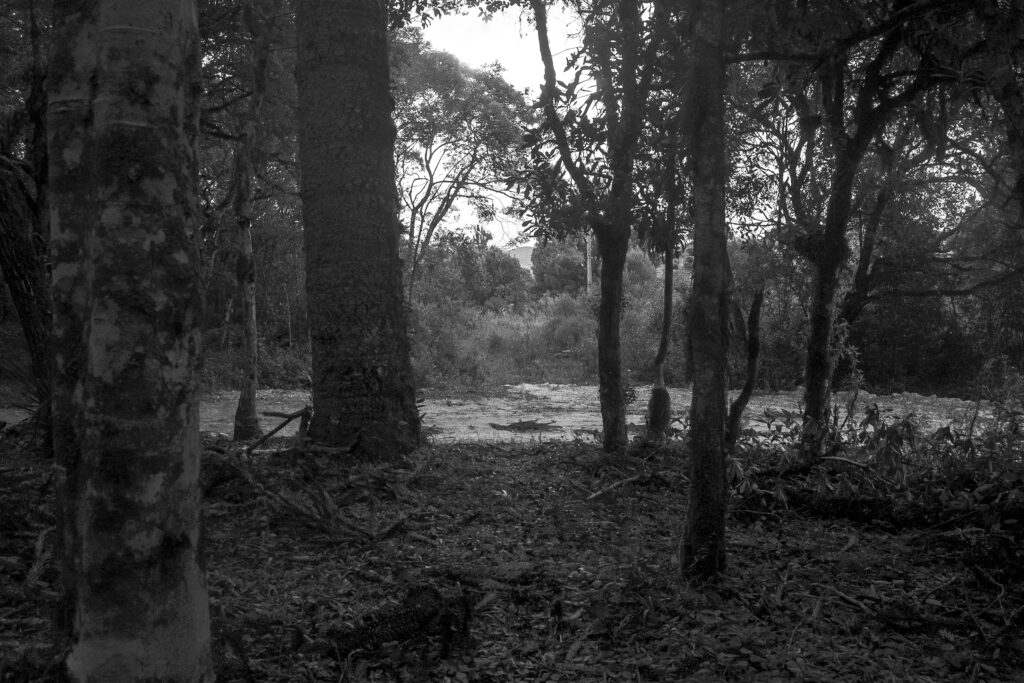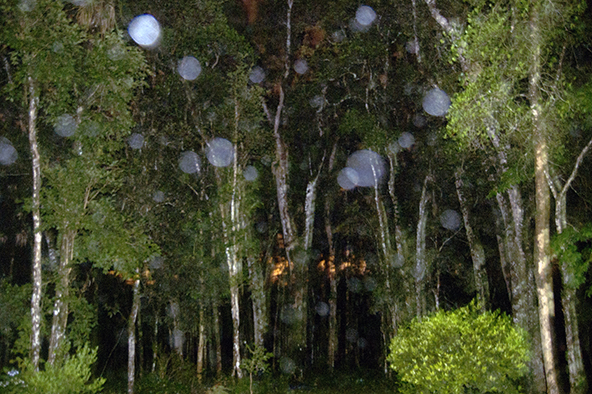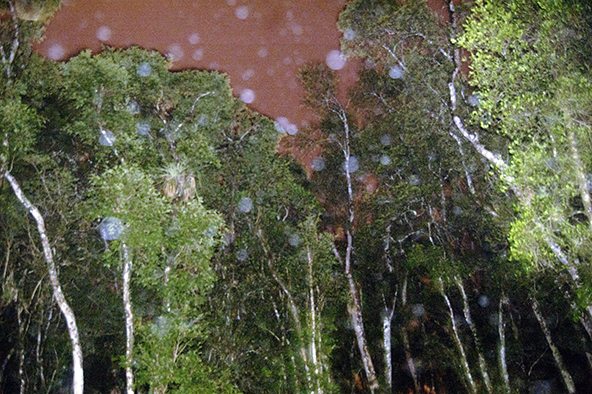The Heart of the Matter
In the project “The Heart of the Matter” that I started in mid-2016, I address the ambitious theme of urban development in southern Brazil and the history of Rain Forest deforestation to understand the historical layers of colonial power.
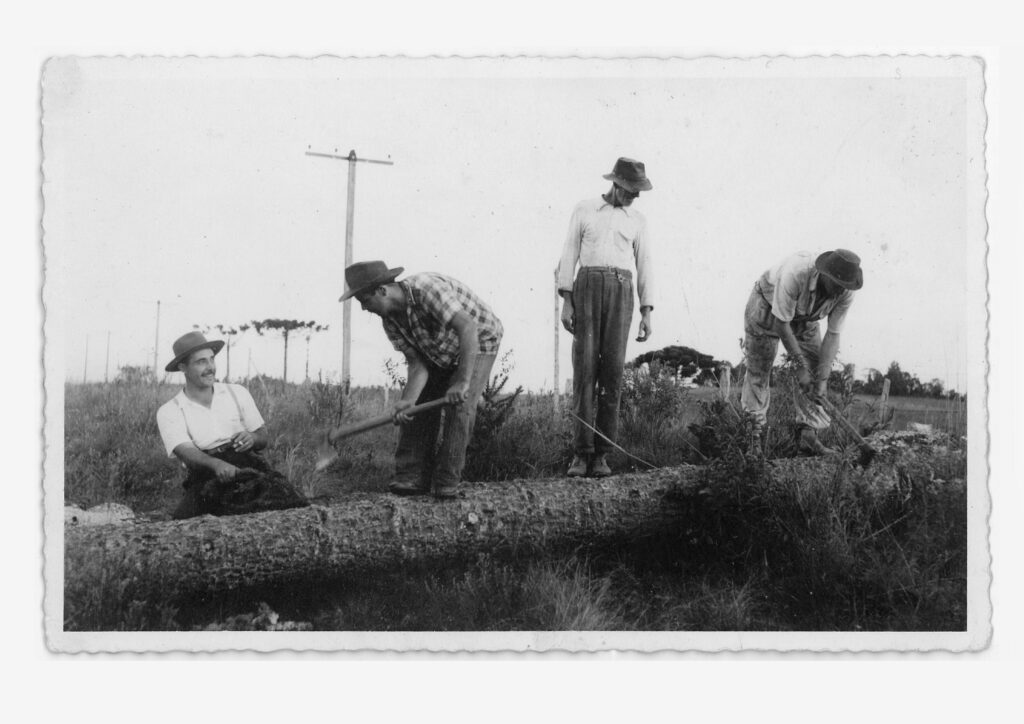
Since the eighteenth century, the extractive industry has valued the use of wood from araucaria pines to serve the local civil construction targeting public works, in addition to shipbuilding and other purposes of interest to the Portuguese monarchy. The objective was to open roads for the newly discovered wood to reach the ports, and then, to the city of Lisbon. That was how the cities in the region gained their first roads and new villages developed. The Paraguayan War and, later, the Contestado War at the beginning of the 20th century, influenced the local economy, modifying the model built for decades by cultural differences between the Guarani people, African and European immigrants. The implementation of an ambitious North American railroad project culturally divided the region where the people who occupied such lands were concerned with protecting them from the liberal advance supported by a republican and military state.
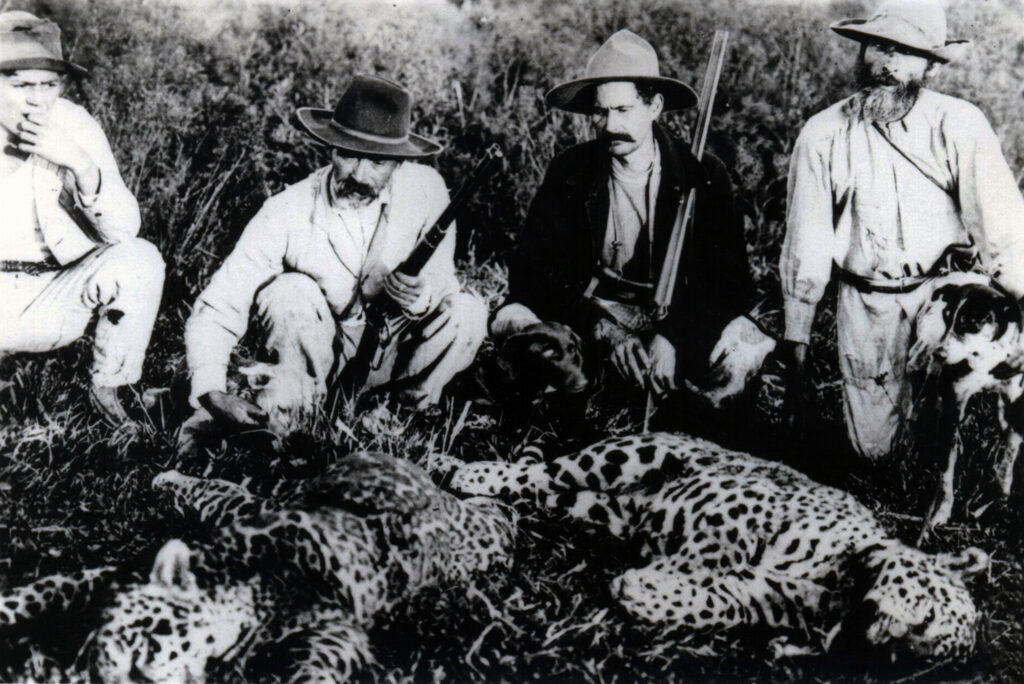
It became evident during the investigation of this project that the State strengthened the insertion of liberalism in the south of the country, and the Contestado War recorded approximately 10,000 deaths, most of the so-called rebels, and thus political leaders created the illusion of a victory of the State before “religious fanatics”.
That is, for example, a large part of the collection of images and documents from the Guerra do Contestado was organized and “archived” by the military unit of the Brazilian State, having autonomy to tell the story of this victory. Military and political leaders of the Contestado War gave their names to the streets as symbolic landmarks of this history, as the streets and avenues of the capital Curitiba: João Gualberto (military leader in the conflict), Carlos Cavalcanti (governor of the State of Paraná) and Marechal Hermes ( military and president of the Republic) that delimit a quadrilateral in the Civic Center of the city. Thus, in public space, paths and monuments that descendents of indigenous peoples continue to have no place of symbolic representation are represented.
It can be seen, therefore, what was mentioned by Derrida that whoever holds the archive, has the power. Finding out the little-told story about the Contestado war became a kind of autopsy of the living body. In other words, the presence of the Brazilian military unit on the physical and symbolic elements of this conflict is evident when it is discovered that the Armed Forces controlled the estate of the companies responsible for triggering the conflict (always in a position above the State); or even when it was identified that the historical material was produced by theorists of this unit protected by the institutional neutrality of the Historical and Geographic Institute of Paraná.
It is important to note that the role of the Armed Forces of Brazil, which proclaimed independence from the liberals of the economy for the implementation of the Republic, later assumed the executive power of the State in a totalitarian manner during the Military Dictatorship, this being the most disastrous period in recent history. from the country.
And it would be in this republican and militarized environment that the Institutes of History and Geography are built in all regions of the country with the purpose of preserving the memory and history of the colonial heritage.
However, according to the book “Contestado” by Colonel Alcibíades Miranda, which is part of the project file “O Cerne da Questão”, in a commemorative edition of the conflict written by the military in combat, it was possible to verify that the Institute of History and Paraná’s geography still preserved a militarized structure at the heart of the organization of the executive commission, even almost 30 years after the Military Dictatorship period and practically 100 years after the Contestado War. In other words, generals, officials of important positions in the ministries during the Military Dictatorship and even the founder of the extreme right-wing nationalist movement joined the institute’s board recently, thus confirming the political-narrative motivations of these spaces.
